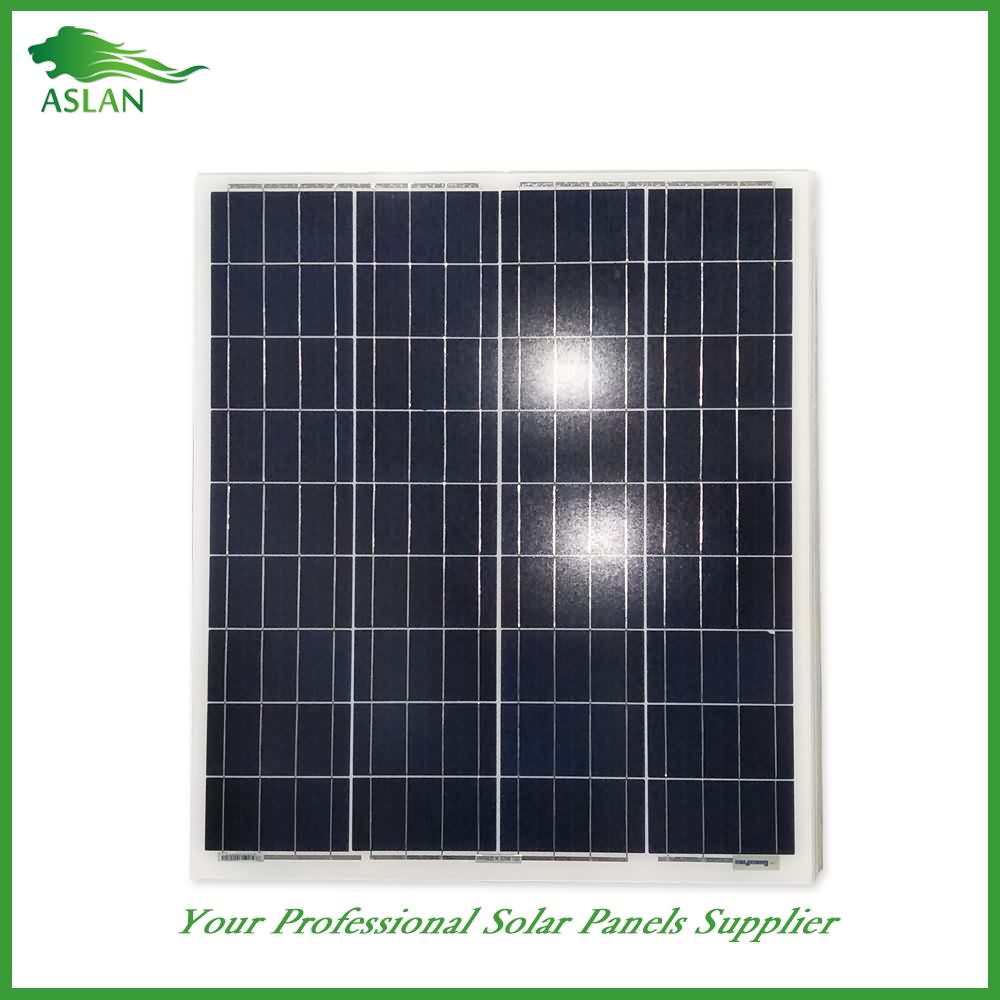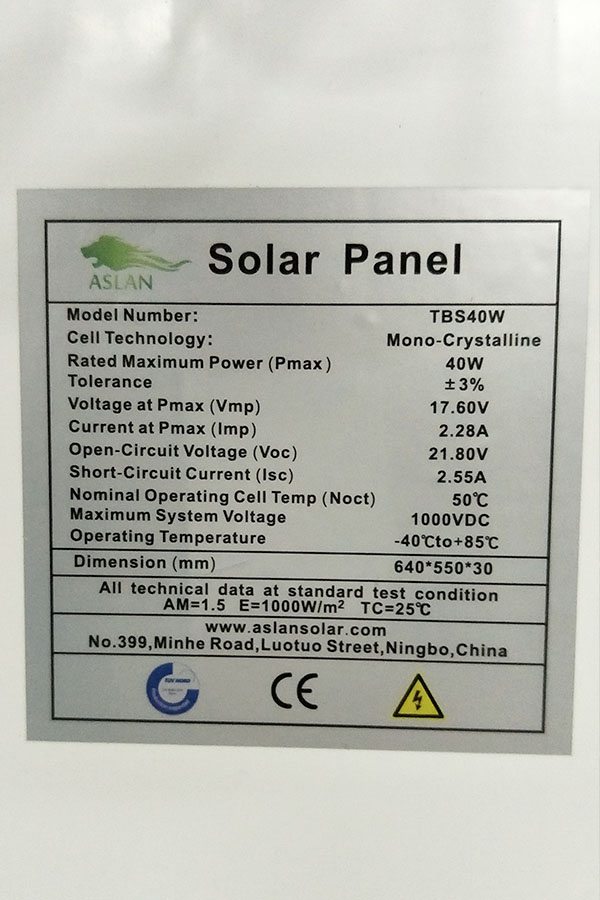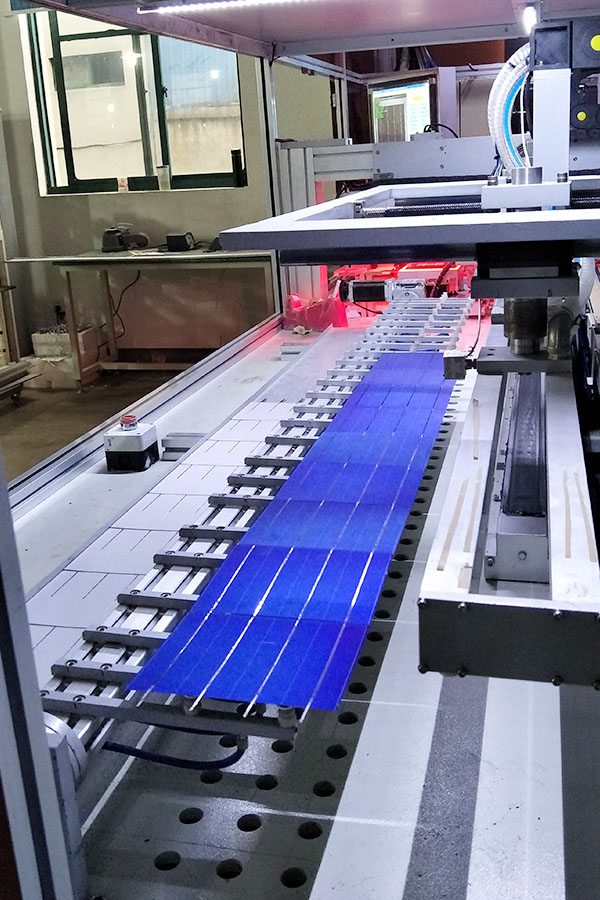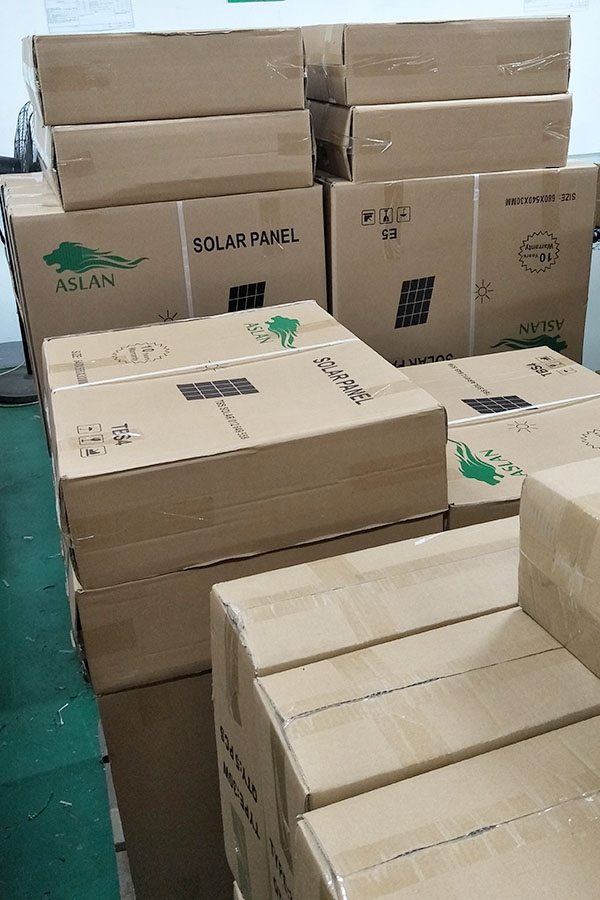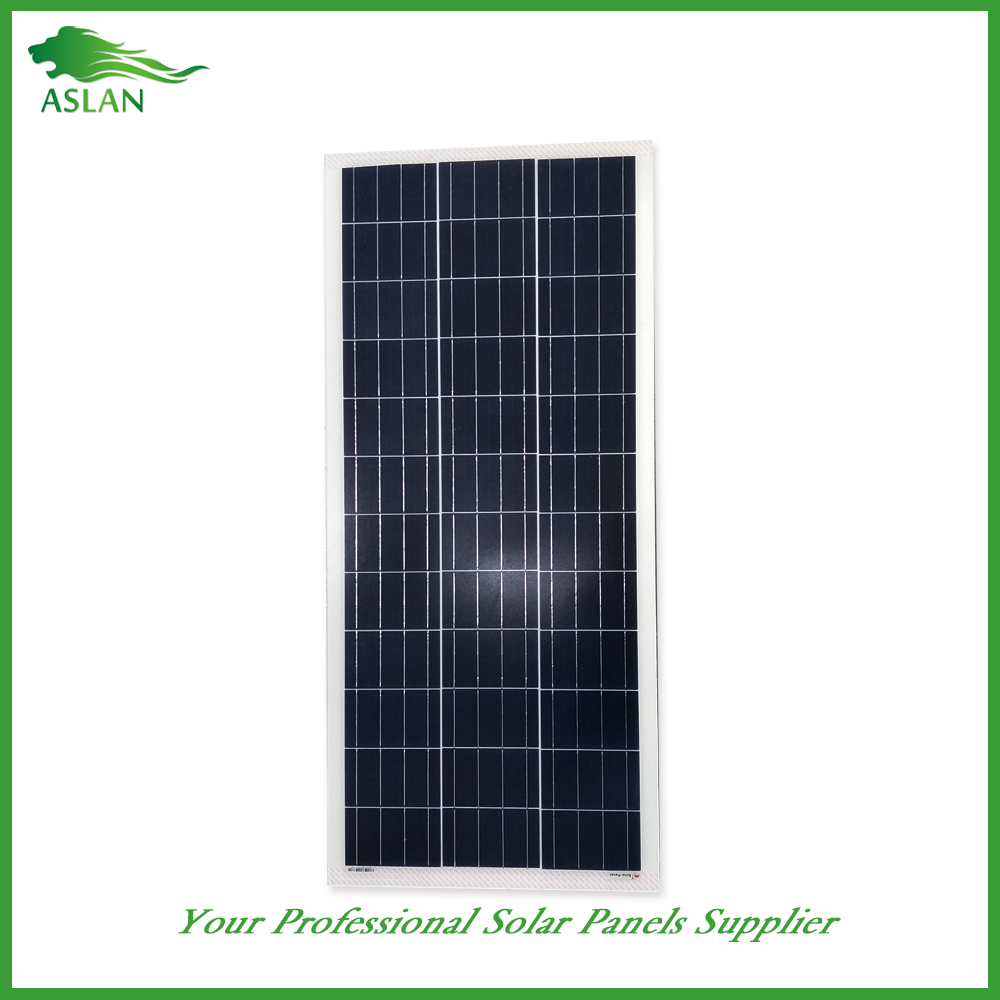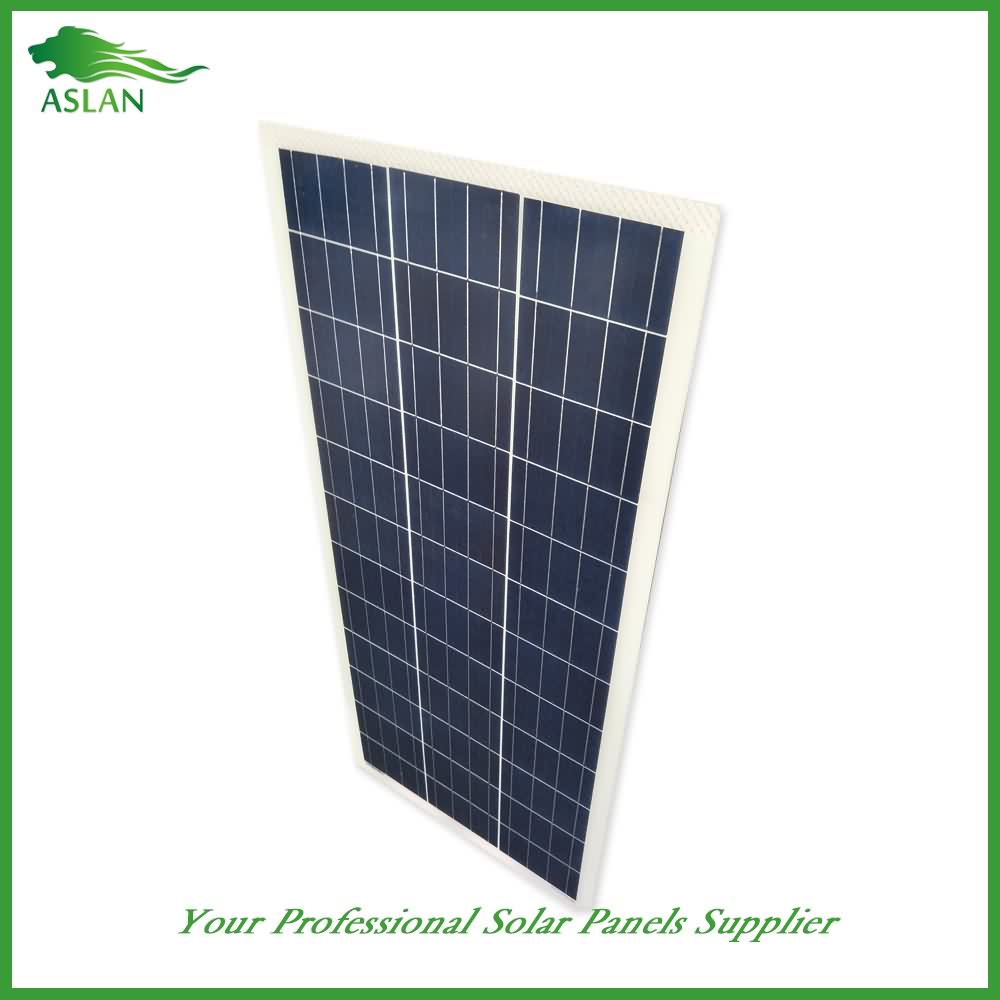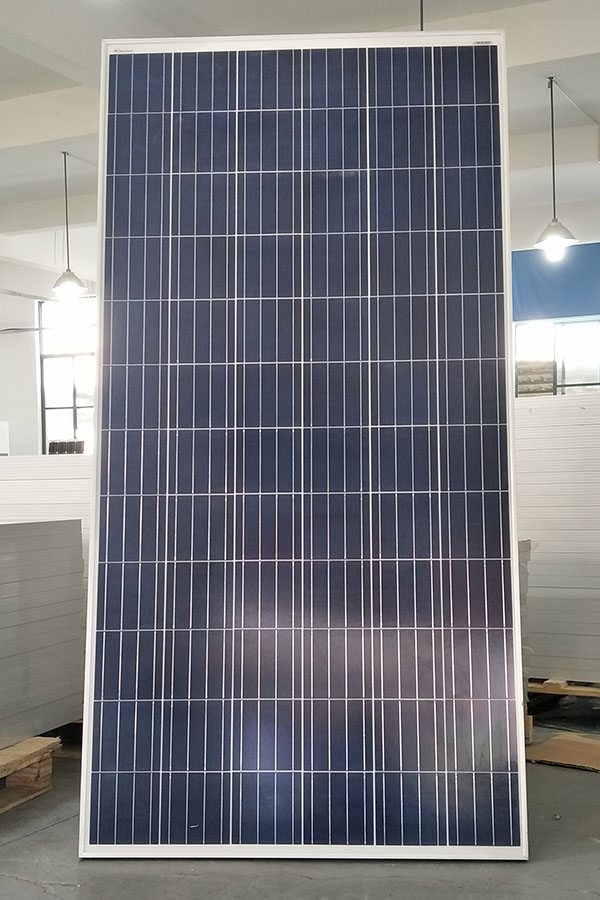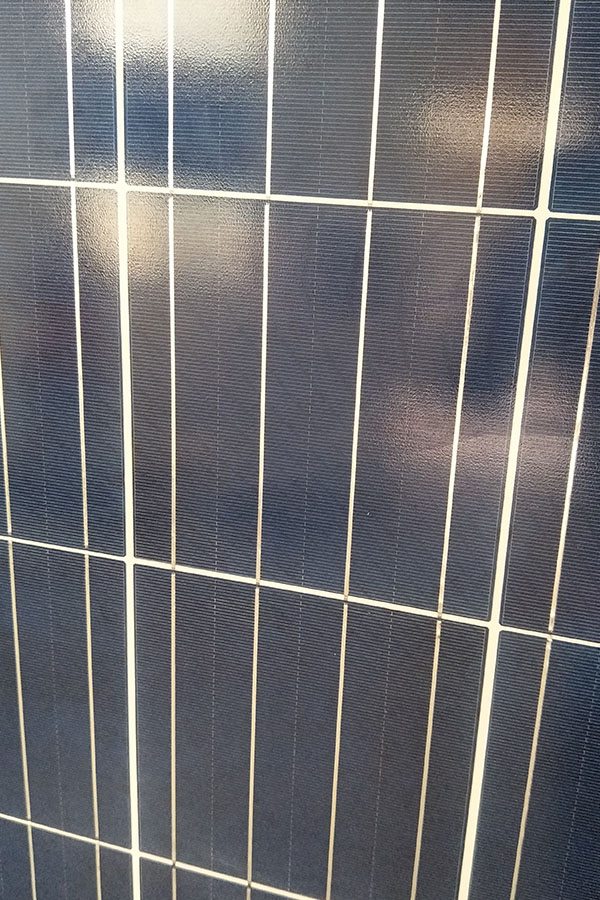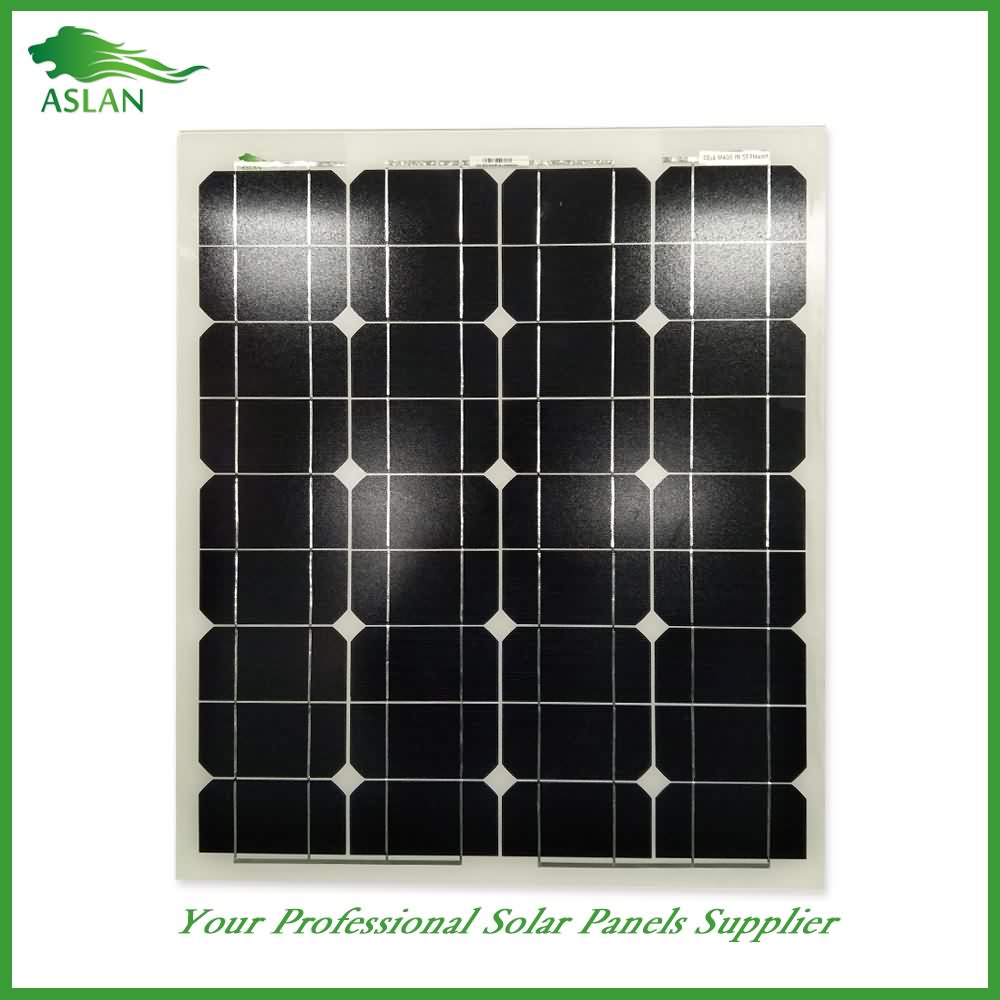Manufacturer of Poly-crystalline Solar Panel 60W Supply to UK
Short Description:
We insist on offering high quality production with good business concept, honest sales and the best and fast service. it will bring you not only the high quality product and huge profit, but the most significant is to occupy the endless market for Manufacturer of Poly-crystalline Solar Panel 60W Supply to UK, We warmly welcome customers from all over the world for any kind of cooperation with us to build a mutual benefit future. We are devoting ourselves wholeheartedly to offer customers the best service.
Poly-crystalline Solar Panel 60W
Technical parameter
Maximum Power(W) 60W
Optimum Power Voltage(Vmp) 17.35V
Optimum Operating Current(Imp) 3.46A
Open Circuit Voltage(Voc) 21.16V
Short Circuit Current(Isc) 3.80A
Mechanical Characteristics
Cell Type Poly-crystalline 156 x 65mm
No of Cell 36 (4x9pcs)
Dimensions 678x657x35mm
Weight 5.0Kg
Front Glass 3.5mm,High Transmission, Low Iron,Tempered Glass
Junction box IP65 Rated
Output Cable TUV 1×4.0mm2/UL12AWG,Length:900mm
Temperature and Coefficients
Operating Temperature(°C): -40°C ~ + 85°C
Maximum System Voltage: 600V(UL)/1000V(IEC) DC
Maximum Rated Current Series: 15A
Temperature Coefficients of Pmax: -0.47%
Temperature Coefficients of Voc: -0.389%
Temperature Coefficients of Isc: 0.057%
Nominal Operationg Cell Temperature (NOCT): 47+/-2°C
Materials of solar panel
1).Solar Cell——Poly-crystalline solar cell 156*65mm
2).Front Glass——-3.2mm, high transmission, low iron, tempered glass
3).EVA——-excellent anti-aging EVA
4).TPT——-TPT hot seal made of flame resistance
5).Frame——anodized aluminum profile
6).Junction Box——-IP65 rated, high quality, with diode protection
Superiority: high quality anodized aluminum frame, high efficiency long life, easy installation, strong wind resistance, strong hail resistance.
Features
1. High cell efficiency with quality silicon materials for long term output stability
2. Strictly quality control ensure the stability and reliability, totally 23 QC procedures
3. High transmittance low iron tempered glass with enhanced stiffness and impact resistance
4. Both Poly-crystalline and Mono-crystalline
5. Excellent performance in harsh weather
6. Outstanding electrical performance under high temperature and low irradiance
Quality assurance testing
Thermal cycling test
Thermal shock test
Thermal/Freezing and high humidity cycling test
Electrical isolation test
Hail impact test
Mechanical, wind and twist loading test
Salt mist test
Light and water-exposure test
Moist carbon dioxide/sulphur dioxide
To Learn More About Solar Batteries Visit as at: http://solarpanelsvenue.com/solar-batteries/?utm_source=youtube&utm_medium=organicvideo&utm_content=solar%20batteries&utm_campaign=youtube
Download Your Free book ““Solar Power Demystified: The Beginners Guide To Solar Power, Energy Independence And Lower Bills” here:
http://solarpanelsvenue.com/solar-power-demystified-free-book/?utm_source=youtube&utm_medium=video&utm_campaign=solarbatteries
Solar Battery Backup: Solar Batteries and Solar Battery Bank in Solar Power Systems
This video will show: basics of batteries and their application in solar electric systems, the most important battery features, what kinds of batteries are used in solar electric systems, how to connect batteries by revealing tips and what to avoid.
Batteries are devices capable to produce and store DC electricity. A battery cell is a container, usually filled with diluted acid used as electrolyte, with two plates of positive and negative polarity, immersed into the electrolyte. Such a battery cell is called a ‘wet cell’. There are also ‘dry cells’, which do not contain liquid electrolyte. Battery cells connected together form a battery. Batteries connected together form a battery bank. Battery banks are widely used in solar electric systems, especially in off-grid ones, to store the solar generated electricity.
In photovoltaic systems batteries are used to replace the photovoltaic generator:
at night, during cloudy weather, or, when the solar array is disconnected for repair and maintenance works.
Which solar systems use a battery bank? A grid-tied solar system does not use a battery bank unless it is provided with power backup. Battery banks are typical for stand-alone solar electric systems. There are however certain exceptions.
The ability of a battery to store DC electricity is called ‘capacity’. Capacity is measured in amperes-hours or Amps-hours. After DC electricity is put for storage in a battery, the later can render it as DC voltage. The higher the capacity, the longer the battery is able to deliver the rated voltage. After some time however, the battery is no longer able to deliver the stated voltage. Such a battery is said to be in a state of ‘discharge’. To deliver the stated, or the rated, voltage, the battery needs to be ‘recharged’. The shorter the discharge or charge period, the shorter the battery life. In a solar system the battery bank is recharged by the solar array. Batteries used in solar systems are rechargeable. Every battery has its life duration which means that it cannot be discharged and recharged for limitless number of times. Another important battery parameter is ‘Depth of Discharge’. It is the grade down to which the capacity of a battery can be reduced. The lower the depth of discharge, the longer the battery life. Vehicle batteries are not designed for frequent and deep discharge, as is the case with photovoltaics. For this reason vehicle batteries are not recommended for photovoltaic systems.
In battery-based photovoltaic systems the following types of batteries are used: Lead-acid batteries, which can be flooded or sealed, and Alkaline batteries, which are always sealed. Alkaline batteries can be nickel-cadmium, used for small portable appliances or daily loads, and nickel-iron.
We come to the most popular battery type: flooded lead-acid batteries.
Flooded lead-acid batteries are the best choice for residential photovoltaic systems. Lead-acid batteries comprise multiple individual cells with a nominal voltage of two volts each. Lead-acid batteries contain so-called ‘wet cells’ whose electrolyte is in a fluid state.
Valve-regulated lead-acid batteries are also known as sealed lead-acid batteries. They have the following benefits: do not require maintenance by the user, produce less hydrogen gas during the recharge process, have more vertical construction rather than horizontal and thus are suitable for locating in limited room space. Valve-regulated lead-acid batteries however are not widely used due to the following reasons: their cost is greater, they have a shorter life span, and¬ required charging voltage should not be exceeded since the process might result in generating too much hydrogen gas which cannot be fully released.
Sealed or gel batteries are suitable for mobile applications of small, low-current stand-alone photovoltaic systems. They are: Easy for handling and transportation, safety, as there is no acid and no gassing during charging, and lack of maintenance, that is, no need to add distilled water.
Batteries are used connected in a certain way. The question is why.
We connect batteries: to obtain higher output voltage, to obtain higher capacity, or to obtain bother higher output voltage and higher capacity.
Resources: http://solarpanelsvenue.com
https://en.wikipedia.org/wiki/Solar_battery
https://en.wikipedia.org/wiki/Battery_%28electricity%29
